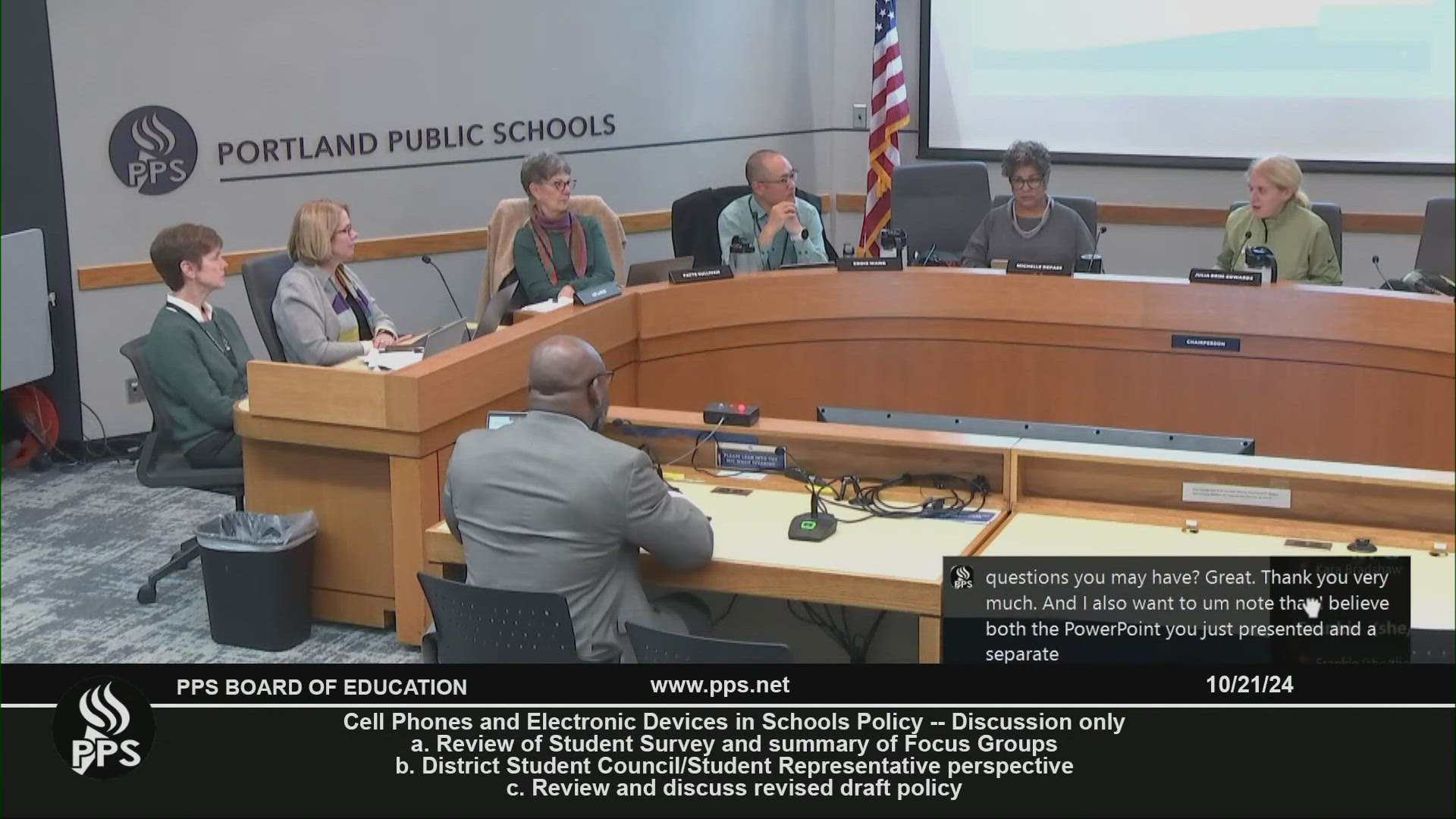OREGON, USA — The Biden administration has announced the launch of 31 technology hubs nationwide, with three in Oregon. They will be concentrated in microfluidics, as well as mass timber manufacturing and design.
The technology hubs will be in 32 states and Puerto Rico. They are designed to help spur innovation in new technologies — such as AI and biotech — and create industry jobs within those states, according to the White House. The application process for cities to receive grants from a $500 million pool began in May, spearheaded by the Commerce Department. The funding came from a $10 billion authorization in the bipartisan CHIPS and Science Act, signed last year.
Oregon State University is the lead agency in two hubs: the Corvallis Microfluidics Tech Hub and the Pacific Northwest Mass Timber Tech Hub. Portland State University heads up a third focused on energy storage.
Two more hubs landed in Washington, according to a news release from Gov. Jay Inslee's office, one of which is a mass timber hub and the other of which will focus on aerospace materials manufacturing.
"The announcement of two new tech hubs within Washington state is a remarkable win for our state’s world-leading timber and aerospace industries," Inslee said in a statement. "The CHIPS and Science Act is helping us build our competitive edge and we appreciate the support of our congressional delegation in ensuring President Biden’s Investing in America Act includes investments in Washington state."
The Commerce Department had received 400 applications, Commerce Secretary Gina Raimondo said during a Sunday conference call.
“These Tech Hubs will catalyze investment in technologies critical to economic growth, national security, and job creation, and will help communities across the country become centers of innovation critical to American competitiveness,” the White House said Monday in an emailed statement.
The Corvallis Microfluidics Tech Hub's goal is to "establish global leadership in the development, scaling, and commercialization of microfluidics technology for use in semiconductor and electronic cooling." The Pacific Northwest Mass Timber Tech Hub's aim is to "lower the construction industry’s carbon footprint and increasing housing affordability" by consulting with firms and research.
Portland State University heads the Pacific Northwest Smart Energy Strategy Development Consortium, which will focus on smart battery energy storage systems to "facilitate renewable energy sources' integration into the utility grid."
The Associated Press contributed to writing this report.



